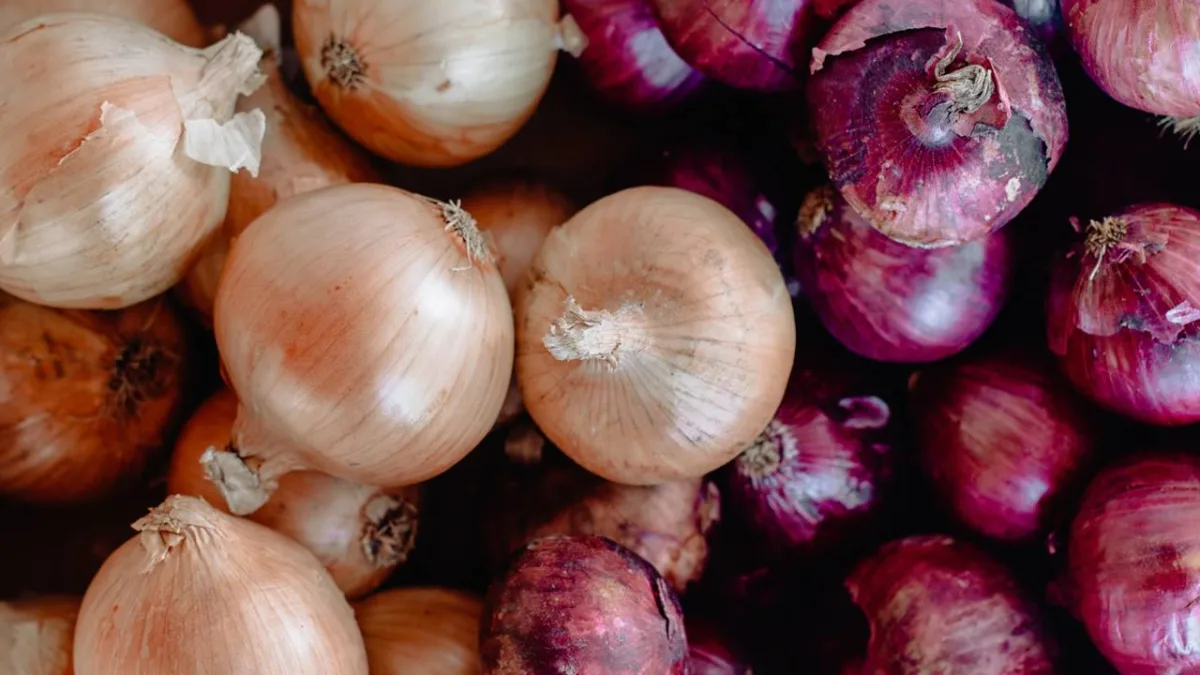The United Arab Emirates (UAE) is grappling with a substantial increase in onion prices as a result of India’s recent decision to impose an export ban until March of the following year, aimed at stabilizing domestic prices. Retail industry executives in the UAE are actively seeking alternative sources to fulfill the rising demand, as onion prices have surged sixfold.

Ashok Tulsiani, the Group FMCG Director at Al Safeer, confirmed the impact on onion exports, leading to a significant rise in retail prices. Although countries such as Turkey, Iran, and China are being considered as alternatives, Tulsiani emphasized that Indian onions remain preferred by customers due to their quantity, quality, and price. However, with the current export ban, there is a pressing need to explore other sourcing options.
The Directorate General of Foreign Trade (DGFT) in India amended the export policy for onions from free to prohibited until March 31, 2024, in response to soaring onion rates in New Delhi, reaching Rs70-80 per kg.
India’s status as a major onion exporter to neighboring countries in the Subcontinent and Gulf regions has caused a ripple effect, resulting in increased prices in those nations due to the export ban imposed by New Delhi.
Kamal Vachani, the Group Director and Partner of Al Maya Group, highlighted that the Indian government’s ban has prompted the UAE to look for alternative countries to meet its onion demand. Egypt is being considered as a potential supplier, and Turkey is emerging as an additional option to source onions for the UAE market. Vachani assured that efforts are underway to expand sourcing networks, ensuring a consistent onion supply for consumers in the UAE, with a commitment to maintaining market stability and meeting consumer demands.


















